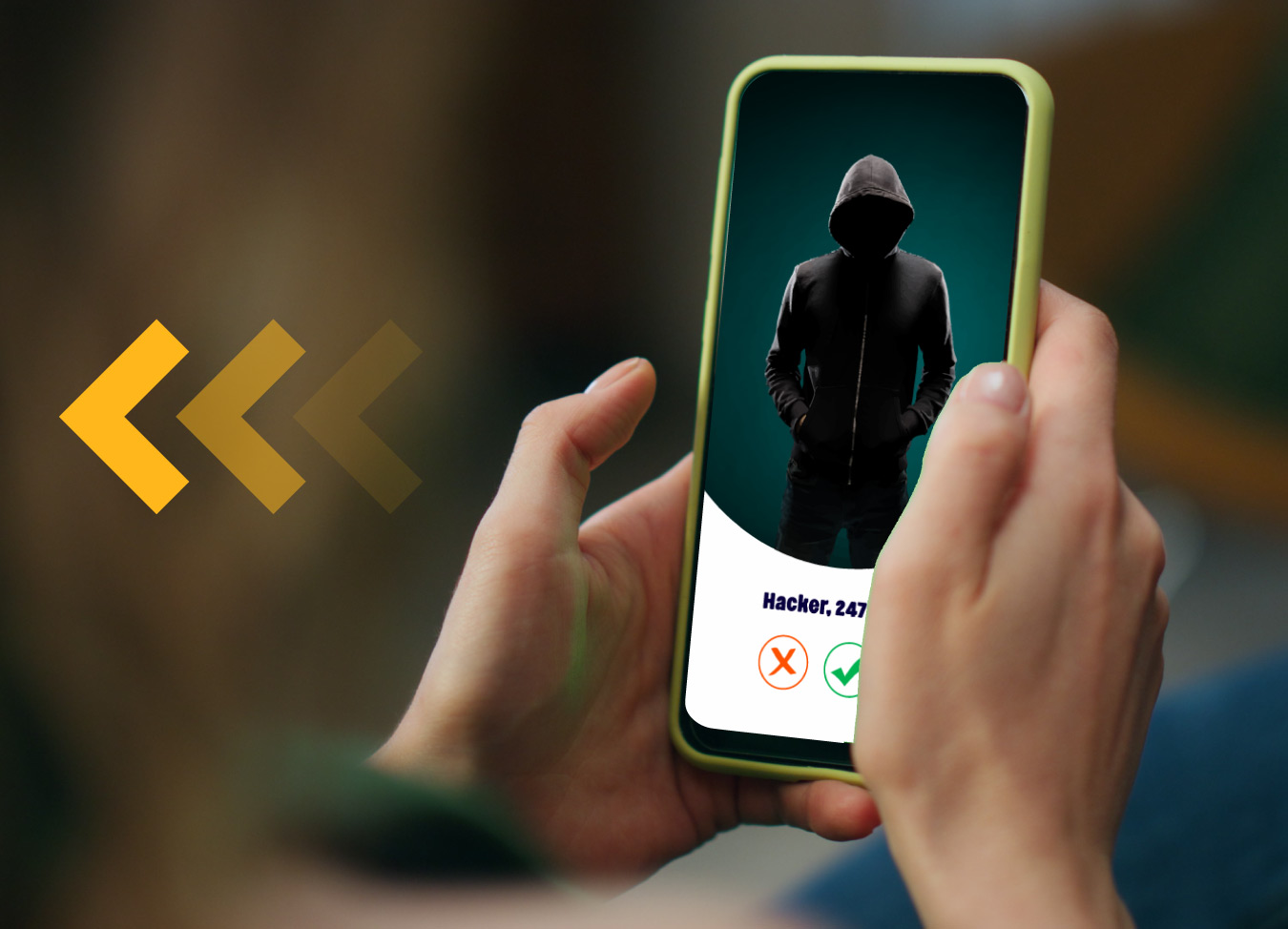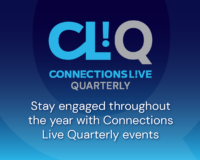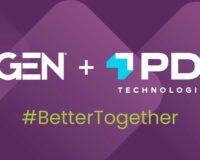
Some relationships start out great and just keep going strong. Other relationships might seem good for a while but eventually fizzle out. And some relationships should be avoided at all costs.
To borrow from a popular online dating app, “swiping left” to avoid a potential relationship is sometimes your best move. And that’s exactly the way you should treat any malicious actors trying to infiltrate your business.
Need to secure your business?
Retailers in the fuel, convenience, and restaurant industry continuously face outside threats that can disrupt business operations, impact compliance efforts, and negatively influence brand reputation. That’s why it’s so important that retailers understand how to avoid cyberattacks. Two key dynamics in the industry make retailers a compelling target for hackers: The high number of customer transactions processed and a general lack of onsite IT expertise.
In addition, decentralized networks can complicate cybersecurity and lead to data breaches across the convenience ecosystem. For instance, major retail brands might have dedicated IT teams, but they also have widely distributed networks across thousands of sites.
At the other end of the spectrum, there are nearly 20,000 independent c-stores in the US alone—many with almost no IT support. In the UK, 70% of stores in the convenience sector are run by independent retailers. Most of these smaller stores have almost no IT support. In addition, a growing number of unstaffed retail sites and fuel stations are also vulnerable to cyberattacks such as ransomware because of their connections to the Internet.
Regardless of where your business falls on this spectrum, it’s probably safe to say that you’d rather focus on your core business than spend all your time worrying about networks and other IT components. But when you’re facing a steady stream of cyberattacks, you simply can’t ignore the threat and hope for the best.
How can you limit cyberattacks from impacting your business?
The first step in avoiding cyberthreats is to make sure you’re prepared for them. One of the greatest challenges is trying to prevent threats from ever accessing your systems. You can stay ahead of hackers with a secure managed firewall that leverages the latest security technologies. A fully managed firewall is also a good way to reduce your workload since professional security experts remotely handle the network management tasks.
However, if you do experience a cyberattack, timing is critical to minimize the impact. Containing and resolving any attack that gets past your perimeter defense requires 7/24/365 proactive monitoring, identification, and response. Cybersecurity solutions such as PDI XDR and PDI MDR Essential can provide robust endpoint protection to help you stay safe.
This level of frontline protection is increasingly important if you have IoT devices, such as fuel tank gauges and smart sensors. Anything connected to the Internet is a potential threat to your business, so you should prioritize secure connectivity—including both private and guest Wi-Fi. If you’re modernizing your business with 5G, that also applies to secure 5G primary Internet services.
What if the danger is beyond the scope of your business?
Even though a cyberattack can quickly take your business offline, some threats or incidents are beyond your control—such as when equipment fails. The recent outage by telecom giant AT&T in the US provided a clear example of how some businesses are more prepared to continue their operations than others.
Avoiding single points of failure is critical for business continuity, but that doesn’t necessarily mean you need to maintain redundant systems (which is neither cost-effective nor practical). However, you can incorporate key features such as automated failover in case one system goes down.
For instance, fast-casual seafood restaurant chain Captain D’s was ready when some of its restaurants experienced an Internet service disruption during the AT&T outage. Fortunately, the impacted restaurants were able to quickly fail over to an alternate wireless connection from a different carrier. As a result, those restaurants were able to continue processing transactions without impacting their customers.
Ready to improve your cybersecurity relationships?
If you’re not ready to combat hackers on your own, working with an experienced Managed Security Services Provider (MSSP) like PDI can quickly strengthen your cybersecurity game.
With help from the experts at PDI, you can proactively prevent cyberthreats and enjoy round-the-clock monitoring to keep your business—and your customers—safe. Even better, by offloading your network and cybersecurity workload, you can get back to focusing on your core business.
Ready for a Relationship?

Stay ahead of hackers with help from the cybersecurity experts at PDI.







